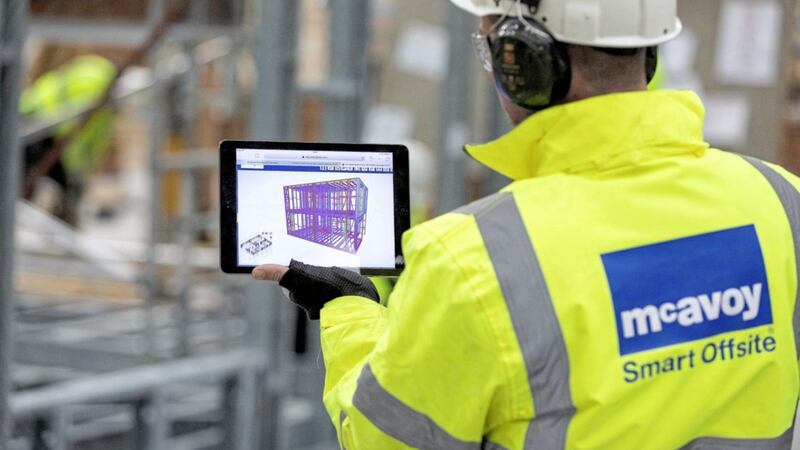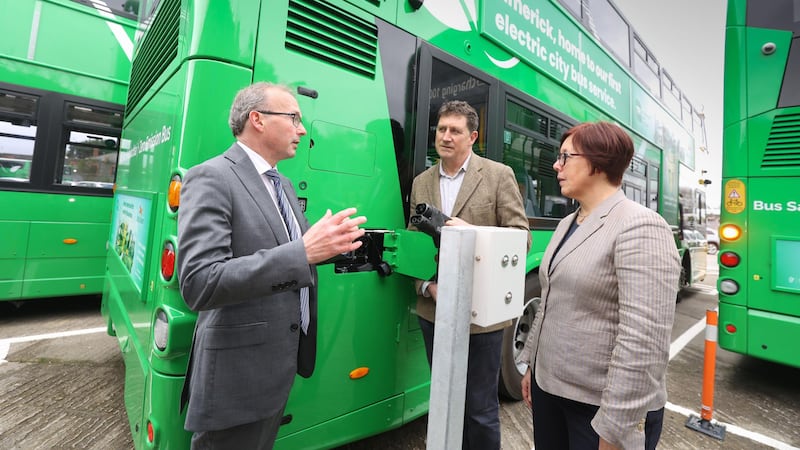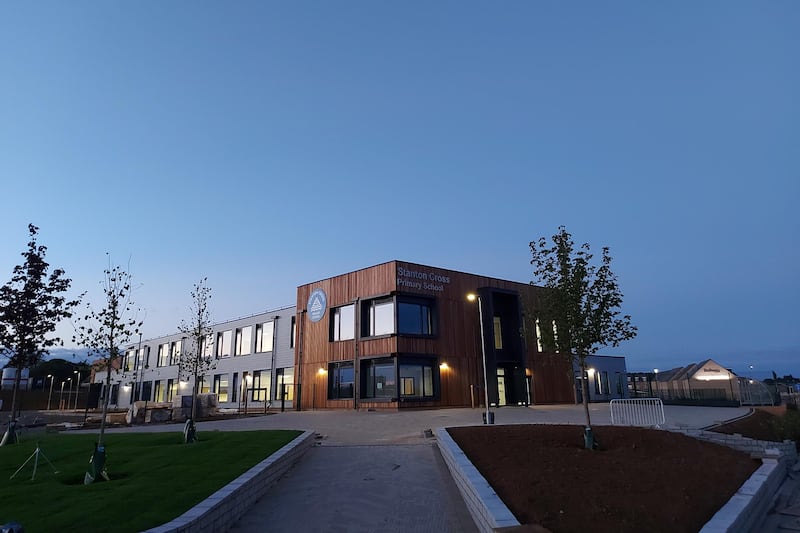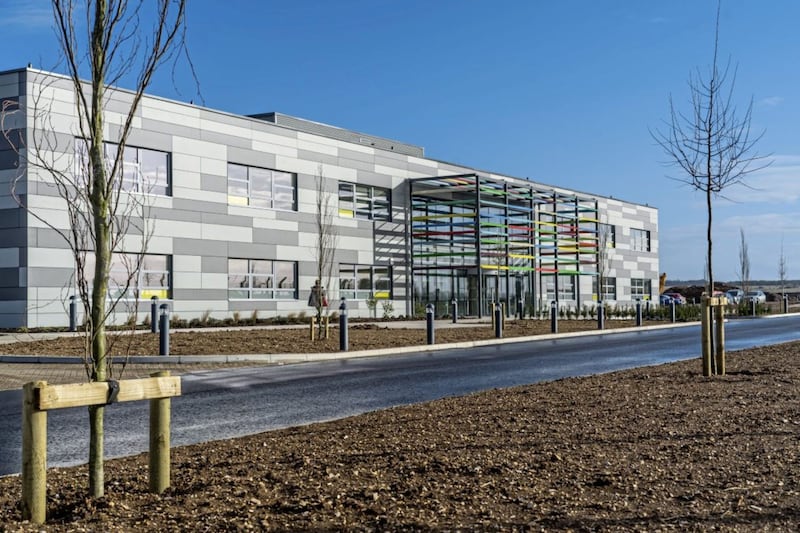DUNGANNON-based modular buildings manufacturer McAvoy Group has blamed "political and Brexit uncertainty" in contributing to a 25 per cent decline in sales - and a significant swing from profit into loss - in its last full trading year.
But the directors insist the business fundamentals are sound and say they believe the group will generate sufficient turnover which will enable it to remain profitable, reduce banking liabilities and continue as a going concern.
The group - which has been operating for 50 years - made a bottom line loss of £1.1 million in the financial year to October 31 last, set against a profit of £3.5 million a year earlier.
It came on a greatly reduced turnover - down from £59.9m in 2017 to a shade under £45m this time.
In a statement accompanying the results, the directors say: "This decrease results from delays in progressing opportunities indicated in the previous year's report.
"Caution in customer decision-making with regard to project start-up, impacted by both political and Brexit uncertainty, is the principal factor involved."
The directors added: "The outlook for 2019, acknowledging the continued Brexit uncertainty, commences with activity levels indicating a progressive return to our 2020 Vision position. Key projects within our core education sector focus are 'in contract' and progressing."
They said that longer-term progress for McAvoy Group is underpinned by its success in contracts to deliver its largest-ever health care project for one of the first ambulatory care units in the UK and also the strategic development of its offsite division, where it has just been awarded its first offsite housing contract.
McAvoy Group explained the £4.5 million swing in its profitability in that it expensed all expenditure, including research and development, in support of that first project entry into the residential sector, where it received accreditation from the UK's Build-offsite Property Assurance Scheme (BOPAS) for its new modular housing solution.
This certification is the industry benchmark for quality and durability. It provides invaluable assurance to lenders that the McAvoy building system will deliver consistent performance for at least 60 years.
At the time, chief executive Eugene Lynch said: “The BOPAS accreditation for our building system will ensure mortgageability, giving investors and developers the assurance of the quality, reliability, durability and energy efficiency of our building solutions for housing.”
“We have nearly 50 years of experience in the delivery offsite building projects across a range of sectors, including schools, hospitals, airports and offices.
“This expertise, combined with our extensive design and engineering programme, means we are well placed to help address some of the major challenges facing the housing sector – from the shortage of skilled labour in construction to the need for increased productivity in housebuilding to meet the rising demand for new homes.”
The accounts revealed that McAvoy Group - which has net assets of £8.6m - meets its day-to-day working capital requirements through overdraft facilities. Its principal provider is Danske Bank, to whom the group has a liability of £10.1m.
The average number of employees over the year rose from 196 to 217, with its pay bill increasing to just short of £10m from £8.4m previously.








